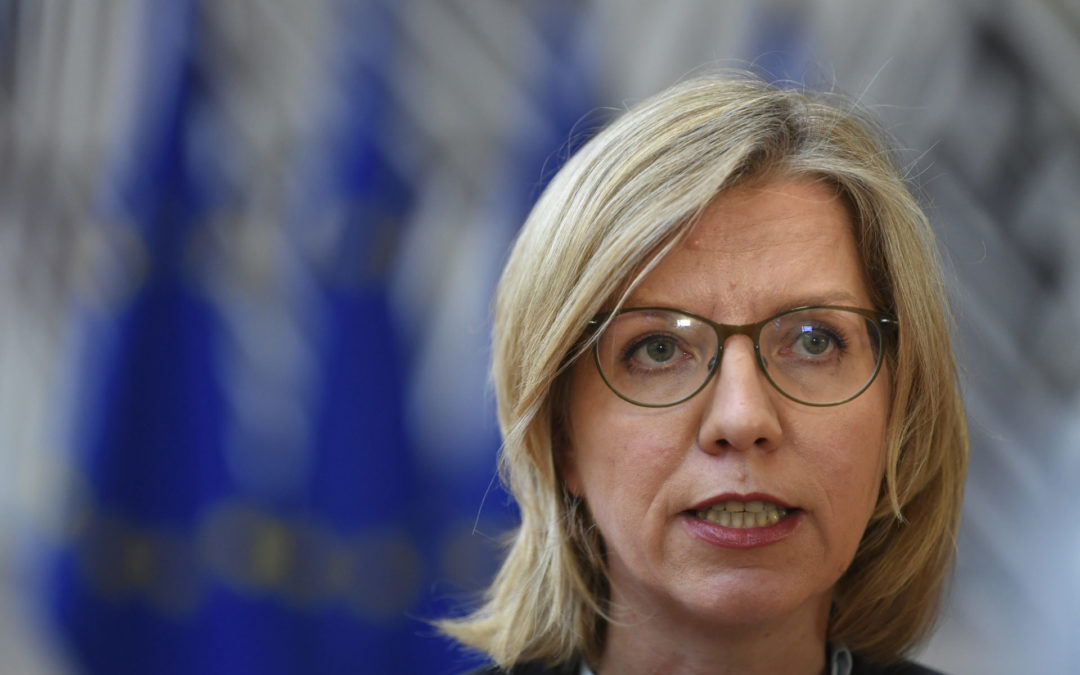EU-wide/Brussels – The environment ministers of the 27 EU member states are trying on Monday in Luxembourg to find a common position – with regard to the UN Climate Conference COP29 in Azerbaijan. A sticking point is the different attitudes towards nuclear power. At the conference itself, which will take place from November 11 to 22 in the Azerbaijani capital Baku, the issue of climate financing is likely to play an important role.
It is about the question of how developed industrial countries – like the EU countries – financially support developing countries in climate protection measures and adapting to the consequences of climate change. The EU insists that not only the historically industrialized countries should contribute, but also other now developed industrial countries should do their part. “We also have to ensure that others who are able to pay take responsibility,” expressed EU Climate Commissioner Wopke Hoekstra before today’s meeting to journalists.
At the last climate conference COP28 in Dubai about a year ago, for the first time, a move away from fossil fuels such as oil, gas, and coal was fundamentally recorded in the conclusions. In addition to renewables, nuclear energy was also assigned a role, which Austria generally rejects.
Not mentioning nuclear power this time would be “a step backward,” said France’s Climate Minister Agnès Pannier-Runacher on Monday. If you want to achieve climate neutrality, “you have to use all levers”. Priority should be given to phasing out coal power.
Austria’s Climate Minister Leonore Gewessler (Green) saw it differently. “What has delivered emissions reductions in the past and will deliver them in the future are renewable energies,” she stated on corresponding inquiry from press representatives and said – without directly naming nuclear power: “We should focus on the energy forms that actually contribute and not those that promise to do something but never deliver anything.” (14.10.2024)
 go to the original language article
go to the original language article
